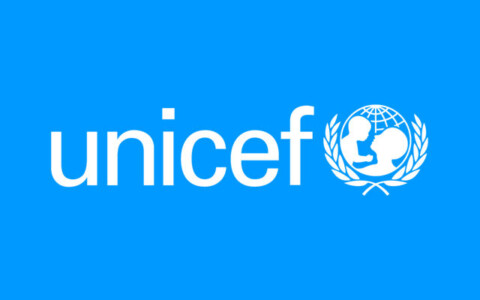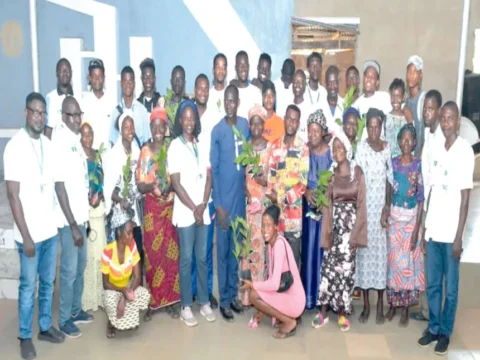Ethiopia is actively tailoring its education and training systems to meet labor market demands in vital sectors such as agriculture, manufacturing, ICT, mining, and tourism, according to Prosperity Party Vice President Adem Farah.
Speaking at the closing ceremony of the 3rd African Job Creation Forum, held under the theme “Advancing Job Creation and Economic Resilience through Regional Integration, Digital and Financial Inclusion along Agricultural Value Chains in the AfCFTA Market,” Adem stressed that job creation should be seen as a fundamental pillar of Africa’s long-term development strategy, rather than merely a short-term policy issue.
“Jobs go beyond income; they embody dignity, inclusion, stability, and peace,” he said. “Building resilient societies and unlocking human potential cannot fall solely on governments. It requires the combined efforts of policymakers, the private sector, educational institutions, financial organizations, regional bodies, and, importantly, the youth themselves.”
Adem highlighted that Ethiopia’s ongoing reforms and resilience initiatives are driving efforts to align educational and vocational training programs with real labor market needs, ensuring that graduates possess practical skills to contribute meaningfully to national growth.
He underscored the necessity of nurturing a generation of innovators, builders, and contributors who can help lead the country’s transformation.
With over 70% of Africa’s population under the age of 30, Adem noted that the continent faces both a significant challenge and an extraordinary opportunity.
“This demographic dividend will remain untapped unless addressed with urgency and resolve,” he cautioned. Reflecting on the forum’s proceedings, he praised the vibrant discussions and practical insights shared, stating, “We witnessed inspiring contributions from ministers, entrepreneurs, private sector leaders, and young innovators. This was more than a policy forum—it was a moral and generational call to action to create sustainable, meaningful jobs for Africa’s youth.”
Ethiopia’s Minister of Labor and Skills, Muferihat Kamil, also addressed the forum, emphasizing that while Africa’s infrastructure gap poses a barrier to economic integration, it simultaneously presents a massive opportunity to generate millions of jobs and build inclusive regional value chains.
“Roads, energy, and logistics are critical,” she said. “But without skilled human capital to operate and sustain these systems, transformation cannot happen. That’s why Ethiopia remains committed to leading regional and continental collaboration. Our unity and solidarity are crucial for unlocking the talents and energies of our young people.”
Muferihat further noted that the forum has evolved beyond its initial purpose, growing into what she described as a Pan-Africanist Job Creation Summit focused on employment, skills development, and regional integration. She highlighted its increasing stature as a significant continental event with global resonance.
Both leaders concluded by urging swift and collective action to transform ideas into concrete initiatives, ensuring that Africa’s youth are not left behind in the continent’s journey toward sustainable development.





